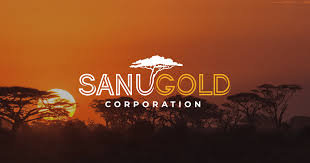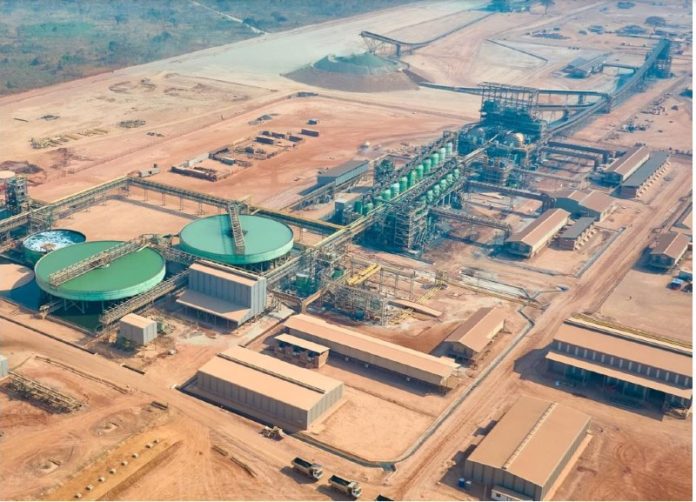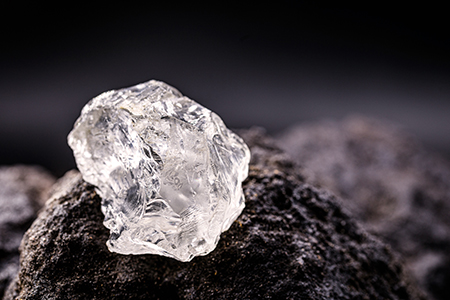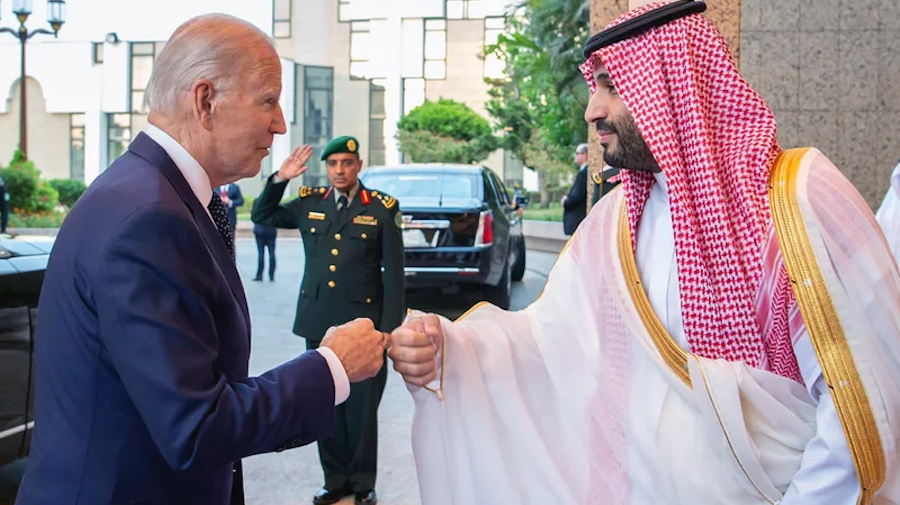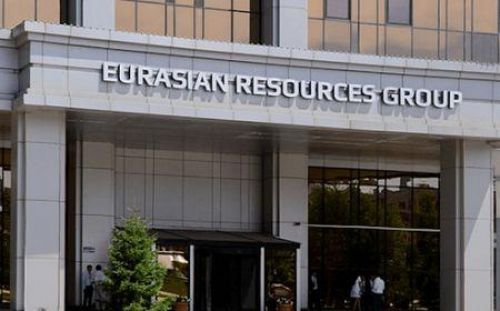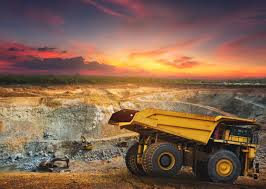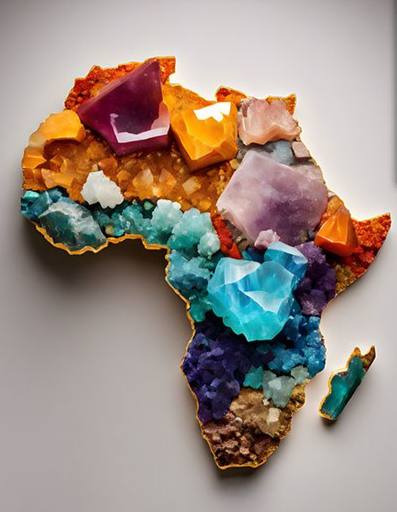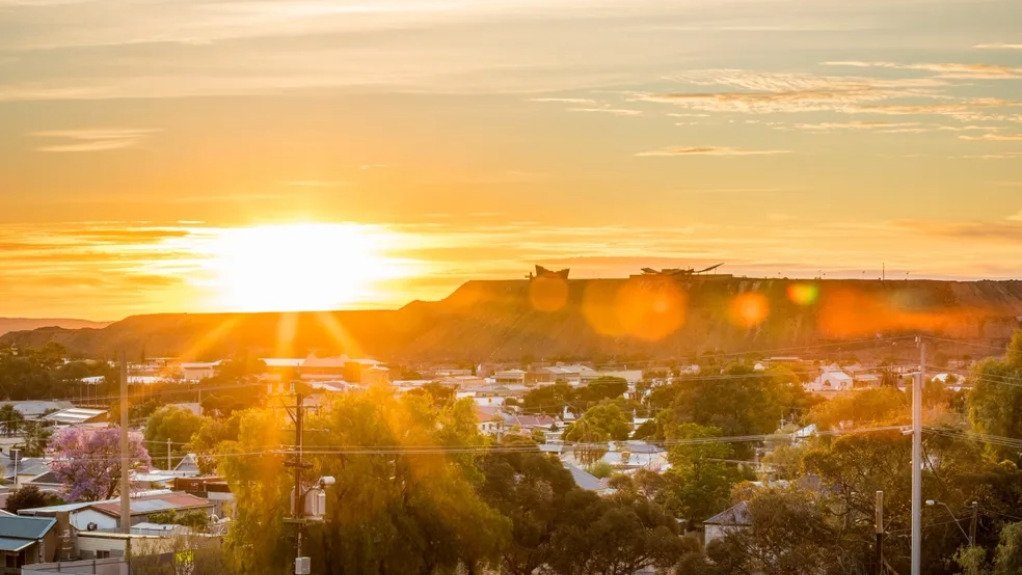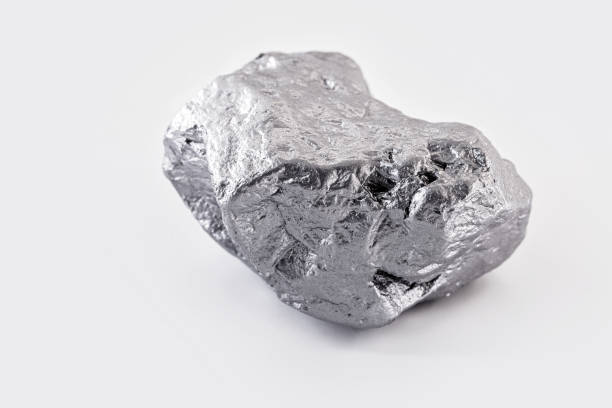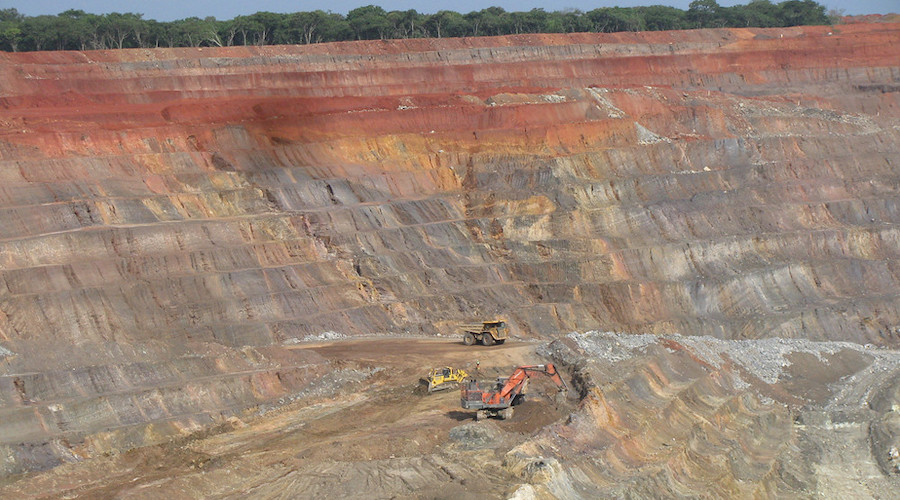Base Metals

Bahrain’s Alba looking to Europe after Maaden deal
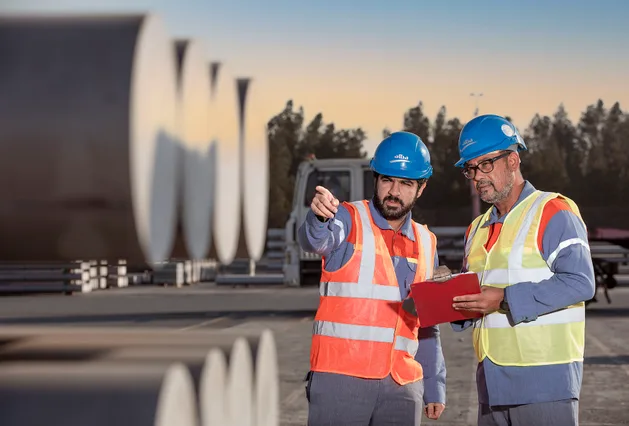
The two companies penned a non-binding agreement in September and are in a period of due diligence over a potential merger, which will also be subject to regulatory approval.
Maaden would sell its entire share capital of Maaden Aluminium Co, and Maaden Bauxite and Alumina Co, to Alba in exchange for an allotment of new shares.
Bahrain-listed Alba’s shares would also be cross-listed on the Saudi stock exchange.
“The future is to think about cross border M&A in order to be able to grow beyond our national borders,” said Khalid Al Rumaihi, chairman of Alba, who was speaking at the Gateway Gulf event in Bahrain on Monday.
In September, Maaden acquired a 20.6 percent stake in Alba from the Saudi Basic Industries Corp (Sabic), worth about $1 billion.
Alba, which was launched in 1971 and employs 3,200 people, is the oldest aluminium smelter in the Middle East and one of the largest in the world outside of China.
Should the Maaden deal go ahead it would create the seventh largest aluminium manufacturer in the world.
Aluminium is found in everything from cans to EV batteries. It is also extremely energy-intensive to make – production of one tonne requires about 14,000 kilowatt-hours, which is equivalent to the power the average UK house consumes over five years, according to a widely cited estimate.
As such, the GCC’s ample availability of energy sources and its location at the crossroads of global trade give it a competitive advantage in the industry, according to Zaid Aljanabi, principal aluminium analyst at business intelligence company CRU.
An analysis by Bahrain’s Sico Bank says the combined entity would have a capacity to produce about 2.4 million tonnes a year of primary (new, non-recycled) aluminium.
Mergers and acquisitions in the Mena region increased by 1 percent year on year in the first half of this year, with a total of 321 deals amounting to $49.2 billion.
Al Rumaihi told AGBI on the sidelines of this week’s event in Manama that Alba would be keen to look at acquiring aluminium recycling facilities as the next potential piece of business, which have “always been on our radar”, although these would not be on the scale of the Saudi deal.
“If we can get it in Europe and in other markets, that could be an interesting asset for us to look at,” he said.
“Europe certainly is an area of interest for us. But let’s close this transaction [Maaden] first.”
Al Rumaihi hopes that the successful conclusion of the merger would lead to increased cross-border activity between Gulf companies.
“We think that when we talk about integration in the GCC, the private sector should lead and we hope others will look at this and it’s something we could explore,” he said.



